Commenting on the current economic situation in Russia, Austrian expert Gabriel Felbermayr, Director of the Austrian Institute for Economic Research (WIFO), said that although relatively stable at present, the Russian economy is expected to face significant problems in the long term.
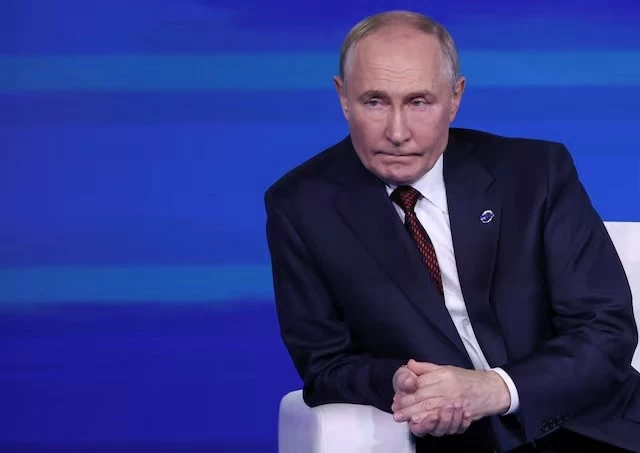 |
| Russian President Vladimir Putin attends the plenary session of the 21st annual meeting of the Valdai Club in Sochi, Krasnodar region, Russia, November 7. (Source: Reuters) |
End of Russia-Ukraine conflict in 24 hours?
Affirming that Russian President Putin's biggest weakness today is the economy. The WIFO director analyzed: "The war economy means that people produce tanks and missiles instead of furniture, clothes or food. Some parts of the Russian economy do not serve the people but instead go to creating weapons in Ukraine. This is not an efficient economy."
Meanwhile, according to this economist, for Western sanctions against Russia to be more effective, they need support from other countries, especially large economies such as China, India and Turkey.
Mr. Felbermayr also said that Western countries still have the opportunity to tighten sanctions against Russia, especially by imposing an embargo on imports of Moscow's goods such as metals and natural gas.
British Prime Minister Keir Starmer also recently called on G7 leaders to continue to "cause maximum pain to Russia" with unprecedented economic sanctions and join hands to increase military aid to Ukraine.
In fact, the situation of the Russia-Ukraine military conflict, although about to enter its fourth year, is still difficult to find an end, when both sides have set conditions that, according to observers, are difficult for either side to "give in" to the other.
Speaking at the plenary session of the 21st Annual Meeting of the Valdai Club in Sochi (November 7), President Putin made clear the prerequisite that Moscow recognized Ukraine's post-Soviet borders based on the belief in neutrality and that they are always ready to negotiate if there is full consideration of each other's legitimate interests. Therefore, Kiev should remain neutral to have a chance for peace, abandon its efforts to join NATO and Ukraine's borders must comply with the will of the people.
Meanwhile, speaking about the conditions for peace negotiations, in an interview with Sky News (November 29), Ukrainian President Volodymyr Zelensky said: “If we want to end the hot phase of the conflict, we need to bring the Ukrainian territory we control into the NATO "umbrella".
We need to do it quickly. And then Ukraine can take back the territories that Russia has controlled in a diplomatic way." Mr Zelensky also made clear that Kiev would not formally renounce its claims to Crimea and four other regions that joined Russia after referendums in 2014 and 2022.
In this context, US President-elect Donald Trump’s pledge to resolve the Russia-Ukraine conflict “within 24 hours” may not seem convincing, but it reflects a growing consensus in Washington that they favor a negotiated solution. And in fact, as NBC News reported, “Trump is serious about wanting a ceasefire on his first day in office.”
The US President-elect's moves have not been revealed, but commenting on Foreign Affairs, analyst Theodore Bunzel - CEO and Head of Geopolitical Consulting at Lazard, who also worked at the US Embassy in Moscow, and Senior Fellow Elina Ribakova of the Peterson Institute for International Economics, said that if the US wants to become an "arbitrator" between Russia and Ukraine, Washington needs to have bargaining chips.
Accordingly, “luckily” for the West, Russia has a fatal weakness: its economy. Observers say that, on the surface, the sanctions imposed on Moscow since Russia launched its military campaign in Ukraine appear to be ineffective and the country’s economy is still growing well.
So what impact do sanctions have on the Russian economy? And to what extent?
Analysis by researchers Theodore Bunzel and Elina Ribakova shows that , in fact, the sanctions have caused significant damage and reduced the Kremlin's ability to adjust its policies, and that the Russian economy is now dangerously distorted as the costs of the conflict continue to rise.
Labor supplies are shrinking due to the prolonged military campaign, while defense spending is eating up huge amounts of the budget. And if Moscow’s energy revenues—the lifeblood of the Russian economy—and its supply of dual-use goods produced in the West slow significantly, the country could face a dual economic and military crisis.
“Tightening the sanctions noose would make Moscow’s current massive effort less financially sustainable, with the prospect of a slowing military machine and a worsening economic situation, under which Russia may feel pressured to accept more favorable terms for Ukraine,” according to an analysis by Theodore Bunzel and Elina Ribakova in Foreign Affairs .
Washington and its European partners could act immediately, using the remaining weeks of the Biden administration to pressure Russia into both reducing its energy revenues and blocking its technology imports. Especially now, with oil prices and inflation rates falling in the US and Europe, Western governments should be more willing to disrupt Russian energy flows than they were in 2022.
What did President Putin say?
Speaking at the plenary session of the 22nd Congress of the United Russia Party at the Russian State Center in Moscow on December 14, President Vladimir Putin affirmed that "blackmailing Russia is useless."
"Russia is developing, the economy is growing, and this is happening against the backdrop of unprecedented sanctions, blatant interference and pressure from the ruling elites of some countries." At the same time, President Putin stressed that "no blackmail or attempts from outside to hinder us will bring results. Moscow will achieve all its short-term and long-term goals."
Washington and its Western allies have imposed a record 22,000 sanctions on Moscow since 2014. The number of sanctions on Russia spiked after it launched a special military operation in Ukraine in February 2022.
Despite Western efforts, however, Russia remains an active participant in international trade. Some EU countries continue to buy Russian-sourced energy, openly defying Brussels’ calls to divest, while others do so through intermediaries, according to researchers who track supply.
Last month, Bloomberg warned that the latest round of US sanctions, targeting Russia's Gazprombank, threatened to trigger an energy crisis in Western Europe.
Meanwhile, RT said that successive rounds of sanctions failed to "collapse" the Russian economy as US President Joe Biden predicted in 2022. Instead, the Russian economy grew by 3.6% in 2024, while the British economy grew by 1.1%, according to data from the International Monetary Fund.
“We have learned a lot from Western sanctions,” Russian Foreign Minister Sergey Lavrov told American journalist Tucker Carlson earlier in December, asserting – “They will never break us. We are even stronger.”
Source: https://baoquocte.vn/chuyen-gia-phuong-tay-chi-ra-diem-yeu-chi-tu-cua-tong-thong-nga-putin-297581.html







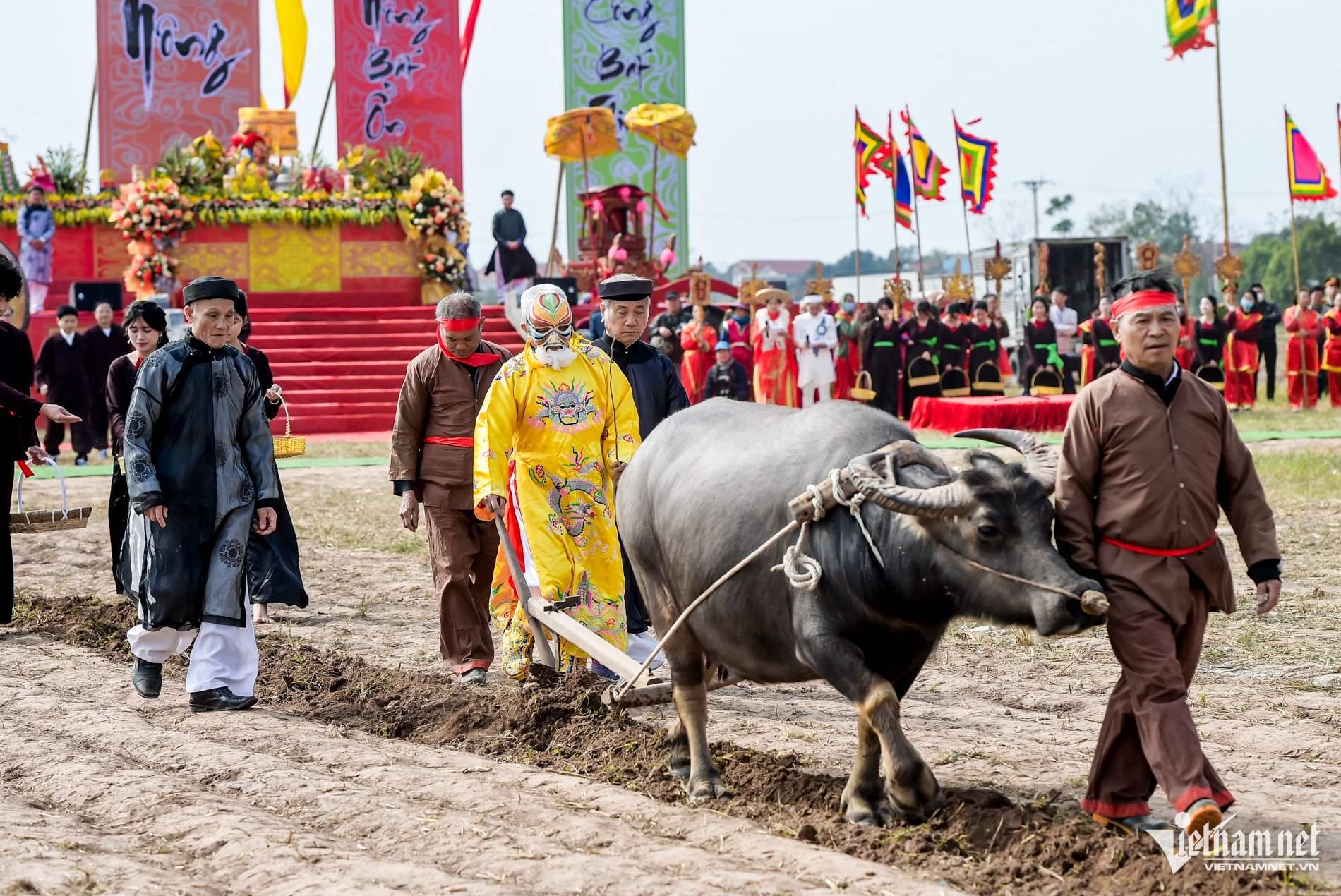














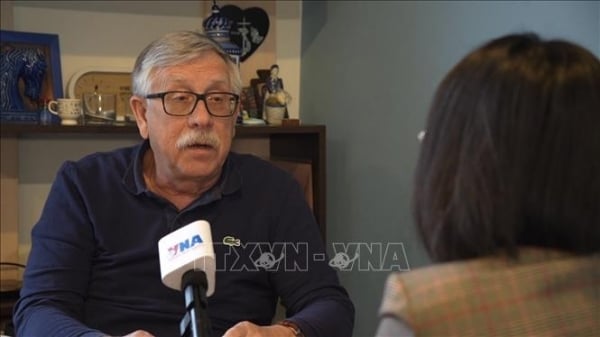
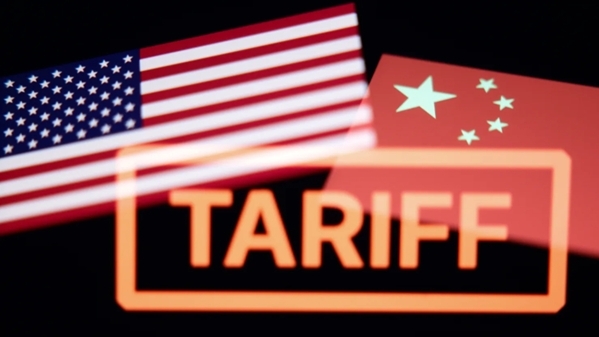
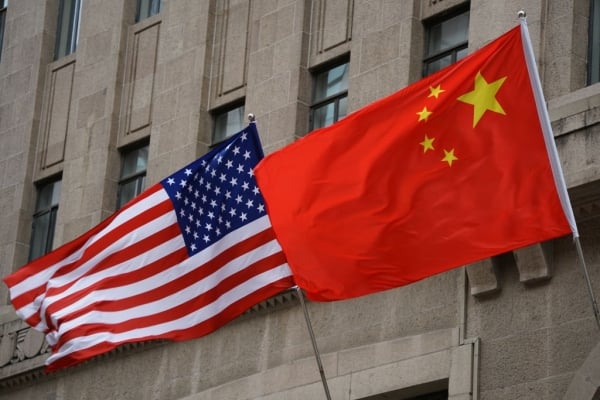
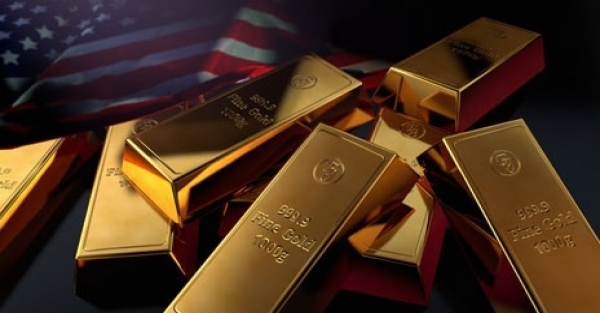

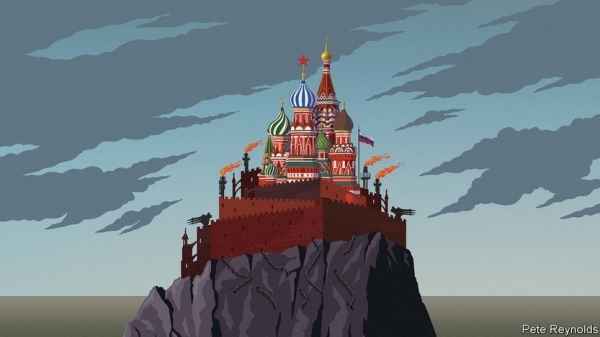
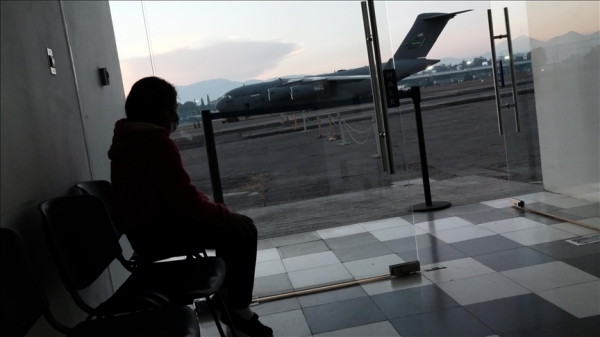
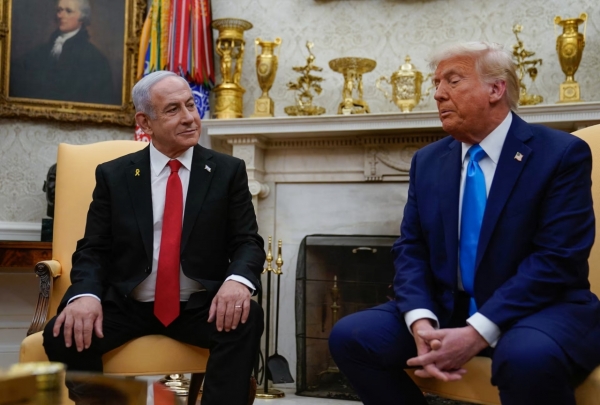
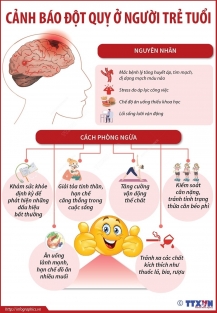
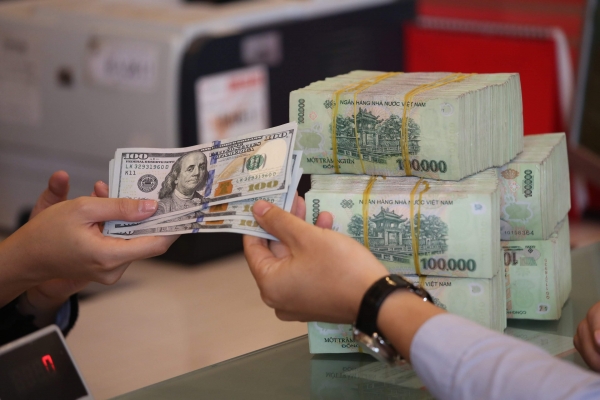






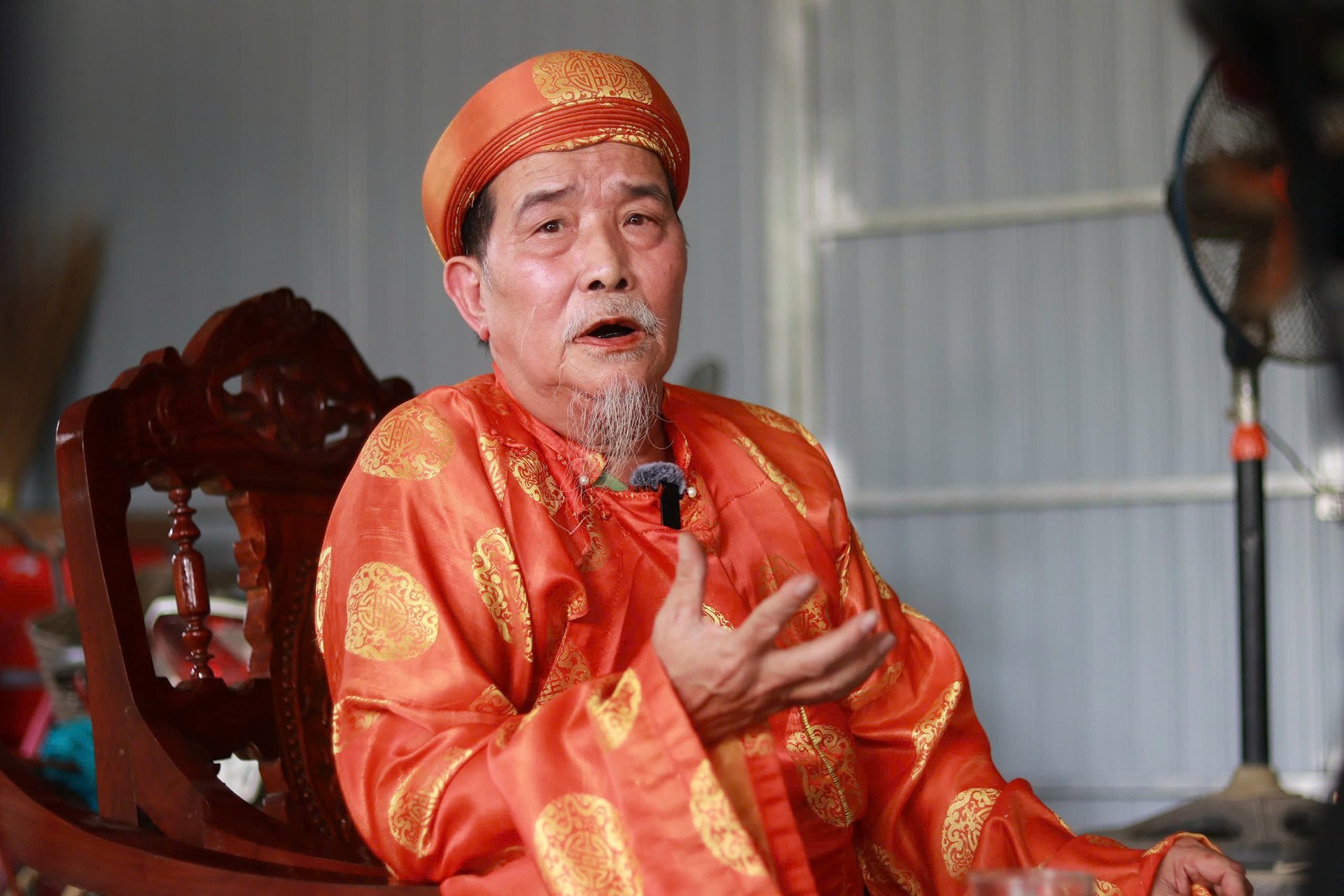



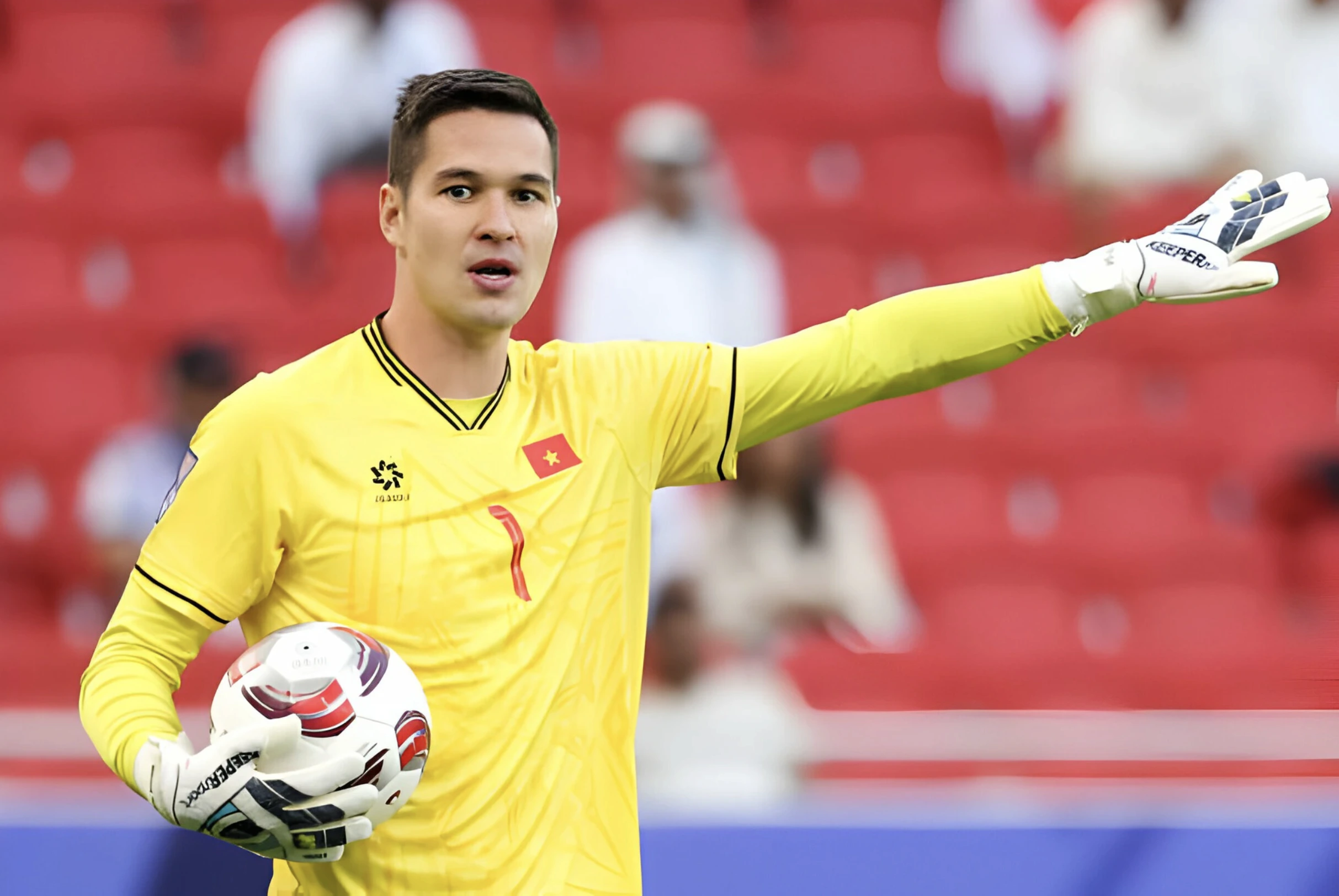






Comment (0)